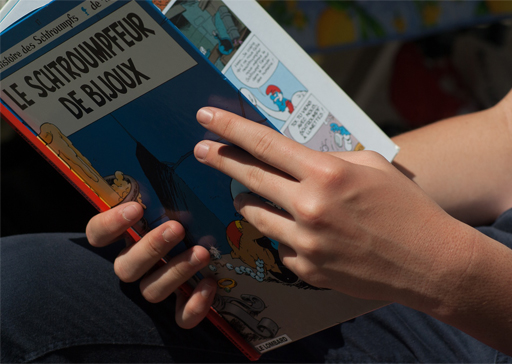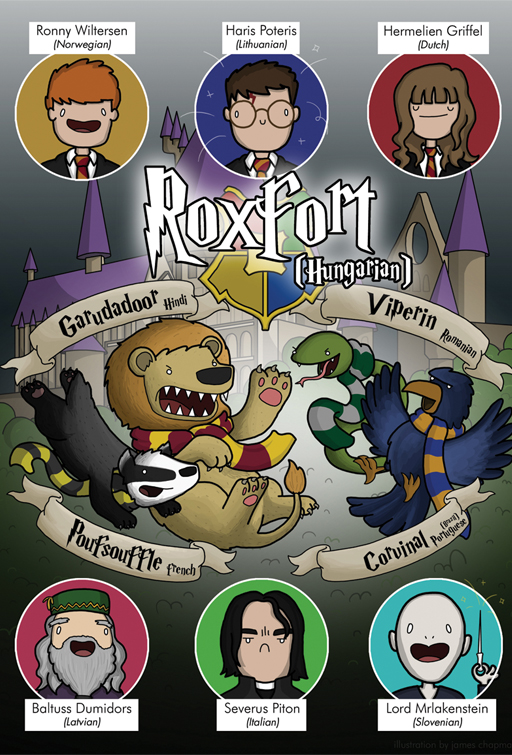2.1 I want to read texts in my target language: where should I start?
A text can be as short as a single word on a sign or as long as a novel, but length is just one of the factors you will want to consider when choosing reading material. As a language teacher, I’m often asked by my students for recommendations for what to read.
My reply is normally to ask them what they like to read in their own language. If they mostly read magazines, there isn’t much point in suggesting a literary classic, certainly in the early stages of their language learning. It could well put them off reading in their target language forever.
So if you like comic books, read comic books in your target language. If you like gossip magazines, then read those. Familiarity with the subject will make reading easier and looking up words in that subject will be a worthwhile activity for you, since you have an interest in the topic and will want to use that vocabulary when talking about the things you like.
Some people assume that children’s books are a good thing to start reading in the target language, after all, they are the first texts that children who are native to that language tend to encounter. While children’s books may have a simple plot, their language isn’t necessarily easier to understand. In fact, they may use expressions that children use and which even advanced language learners may have difficulty understanding if they’ve not had conversations with children who speak their target language. They also often have invented words, or very creative and playful use of language that learners might find puzzling.
In Week 5, Olly introduced you to the idea of graded listening material, and graded reading materials also exist to help you practice your reading. So graded readers are a good place to start. They are books that have been simplified so that language learners can understand them better or books that have been specifically written for language learners. Their vocabulary and grammar complexity is graded for different levels of proficiency in the language, sometimes using the Council of Europe Reference Framework that Tita introduced you to in Week 1. They often come with vocabulary lists and comprehension activities.
Laura says:
When I first started learning Spanish, I enjoyed reading graded readers. They often come with audio, so by listening as you read along, you can help train your ear as well as your eyes and learn how trickier words are pronounced.
Bilingual texts are also a great way to approach reading in the target language. They present the text in two languages, with one page in the target language followed by the same page in your first language. Although the language isn’t simplified as it is in graded readers, having the translation next to it helps the reader follow without having to stop every few words to look up meanings.
I often recommend to my students that they pick up a translation of their favourite book in the language they’re learning. Being familiar with the language, characters and plot of the book means that even if they don’t understand many words in the book, they don’t have to struggle with the vocabulary or the plot, as they know what’s happening. It can also be fun to discover what has been changed in the translation. The picture below shows how some of the words and characters in the Harry Potter series have been translated into different languages. There are some interesting choices!
Activity 2 Research your favourite book
Do an online search for the title of your favourite book, comic book or graphic novel in your target language. Does the title vary or is it a literal translation? What do you think of the cover image? Is it very different from the cover in your local edition?


